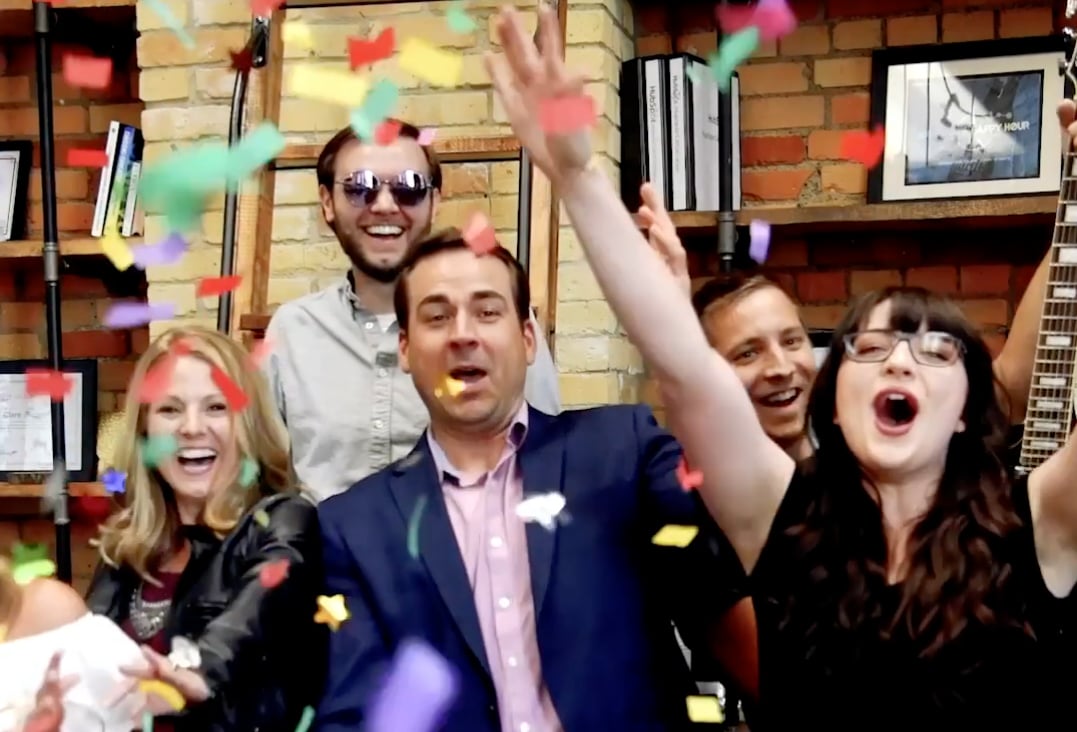I'm going to share with you a trick for how I help others understand how and why downloadable content offers work. When I first explain our marketing methodology, there are always a few sticking points. These are areas where a little more explanation can go a long way, if it's done well. Alternatively, failing to explain something well enough can quickly turn someone off from inbound.
Just so you know, we're going to talk about a few things in this blog post. These things include: value, offers, perspective, and potatoes. Yes, you read that right.
In his 2009 TED Talk, Rory Sutherland discusses how many problems have more to do with perception, than the thing itself. To illustrate, he shares a chapter out of the potato's history book.
Potatoes & Perceived Value
/potatoes-and-perceived-value-1-800px.jpg?width=750&height=493&name=potatoes-and-perceived-value-1-800px.jpg)
It was 18th Century Prussia, and King Frederick the Great wanted the Germans to integrate the potato into their diet. He had good reasoning, too. He wanted the German people to have an additional staple beyond wheat (bread) while lessening their chances of famine. But, the Germans were unwilling to adapt the humble tuber into their diets. To the people, potatoes were unappealing and outright disgusting. There are even claims that people were put to death for refusing to grow potatoes.
So, what did King Frederick do? He declared the potato a royal vegetable and said no one but the royal family could eat it. He had potatoes planted in royal gardens and guarded day and night.
This action triggered a very specific, very human reaction: when the peasants saw the potatoes being protected and guarded, they started stealing them. Why? Because the potato had been rebranded and suddenly appeared valuable. Now, the potato itself hadn't changed, but the way it was perceived had.
How Does This Relate to Offers?
In the inbound marketing methodology, offers are used to incentivize website visitors to trade some personal information in order to access the offer. Offers can be eBooks, coupons, checklists, or other resources, and they're only accessible to the user after they've submitted an online form.
Sometimes, clients wonder about the purpose of putting an offer behind a form. Beyond being a tool to get users to share their information, the form demonstrates to the user that the offer is valuable. After all, if it weren't valuable, there'd be no reason to guard it. Sound familiar?
When King Frederick was literally giving potatoes away to hungry people, they still didn't want them. But once the potatoes were fenced off they became valuable. If you've ever struggled to understand why no one downloads a free offer on your website, take a cue from 18th Century Prussia: it's oftentimes a lot easier to change perspectives than to change reality.
